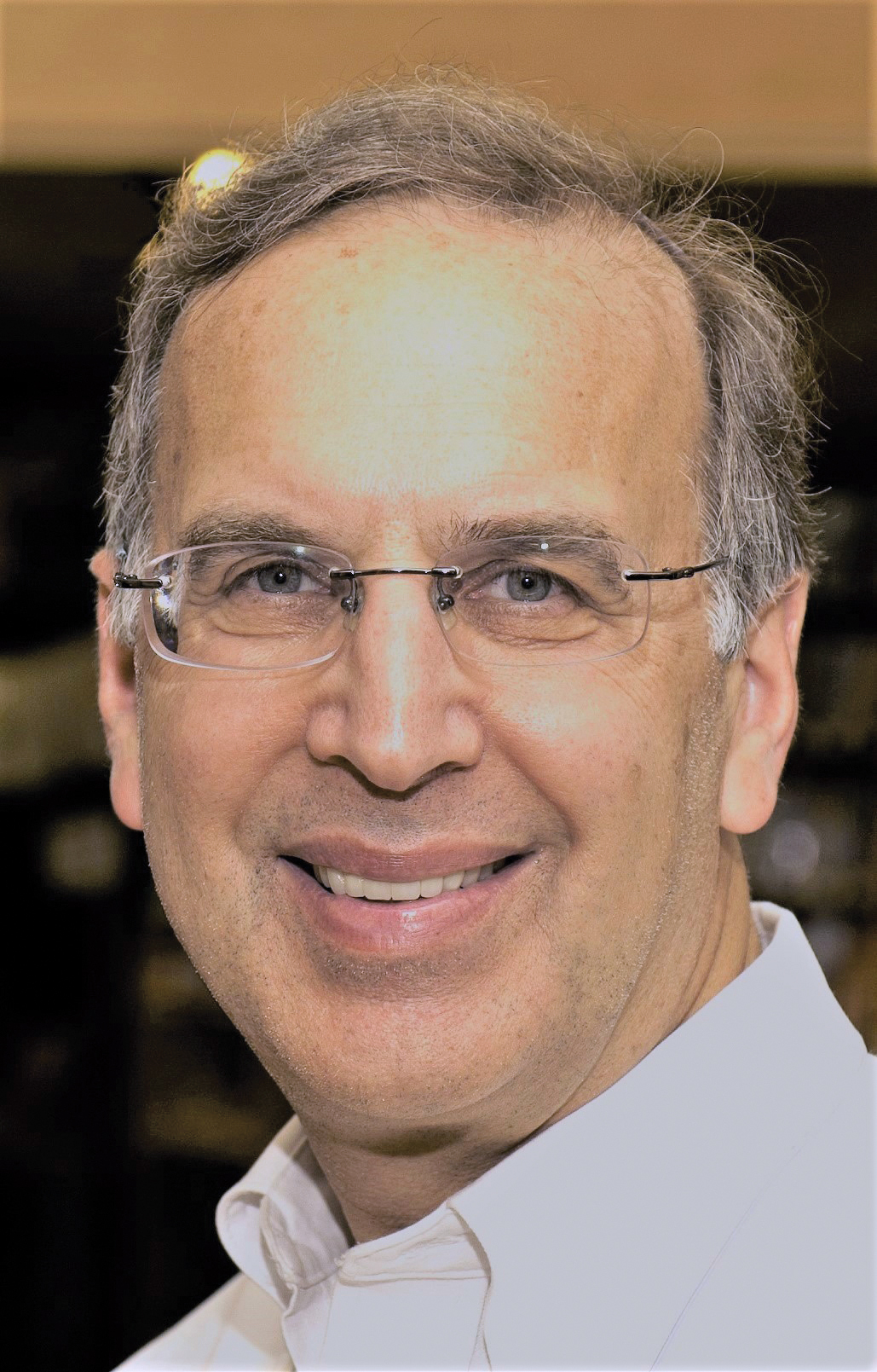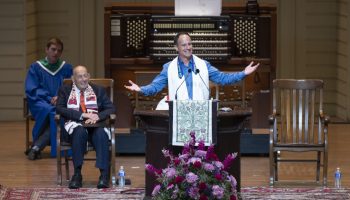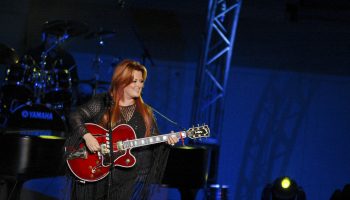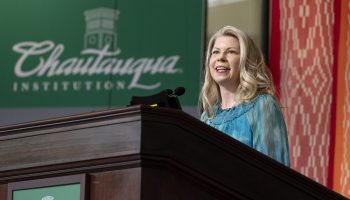Rabbi Sid Schwarz likes to say he has the body of a 60-year-old, but the heart of a 20-year-old.
This has given Schwarz the ability to communicate with both the younger and older generations of American Jewry, and he has worked to bridge the gap between the two over the last 20 years.
Schwarz will talk about that work with broadcast journalist Bill Moyers as the last in a series of conversations with Moyers about the future of faith in America. The conversations have made up the week’s Interfaith Lecture Series and will culminate in Moyers’ final thoughts on the discussions on Friday.
The discussion between Moyers and Schwarz will take place at 2 p.m. Thursday in the Hall of Philosophy and is titled “Religion, Identity and Communities of Meaning.”
“What I’ve been doing is trying to uncover where the energy is of the next generation,” Schwarz said.
Schwarz began this work when he noticed a trend among young American Jews. He said he found that younger people were staying away from synagogues, leaving many traditional Jewish institutions struggling for relevance.
After talking with the youth in his community — through his 20-year-old heart — Schwarz learned they were looking for more meaningful religious experiences with an active purpose.

“The next generation is looking for ways to walk the talk of prophetic faith,” said Schwarz, who has a Ph.D. in Jewish history.
They are finding it in what Schwarz calls “covenantal communities.” Among these communities are environmental advocacy and social justice groups, as well as alternative spiritual practices. While these groups are more informal than large organizations like synagogues and are generally independent from established religions, Schwarz said they are fulfilling some important holes in the community.
Schwarz built such a place for his own community in Bethesda, Maryland, called the Adat Shalom Reconstructionist Congregation. He said the majority of the people who joined his synagogue were people who said they never thought they would participate in a congregation. What Adat Shalom does differently from other conventional Jewish institutions is to seek out opportunities for service, Schwarz said, like a school they sponsor in Haiti.
The focus of Schwarz’ talk will be on the difference between standard Jewish institutions and these covenantal communities, and he will connect these struggles within the Jewish community to the problems occurring in mainstream religion as a whole in America.
Schwarz has also created and led other important programs aimed at reconnecting the Jewish community. His latest project, “Kenissa: Communities of Meaning Network,” finds and documents covenantal communities and brings them together in a network so that they can learn from one another. This also allows Schwarz to map where they are having the most success and how they can help traditional institutions in their area, he said.
Working with traditional forms of Jewish leadership has also been a key aspect of Schwarz’s work. He founded the Clergy Leadership Incubator, a program that works with younger rabbis to develop skills for the modern state of Judaism. Schwarz said seminaries aren’t always caught up to what is happening in the outside world, and this program supplements that.
Schwarz said he is excited to learn from the other speakers during this week on the future of religion. He believes the future of religion in America will be “multifaith,” in which people of all faiths and with strong convictions are secure enough in their identities to work together as one.
“I believe the richness of our lives can be enhanced if we actually learn to understand and respect the different paths that lead to a greater life of meaning,” Schwarz said.




